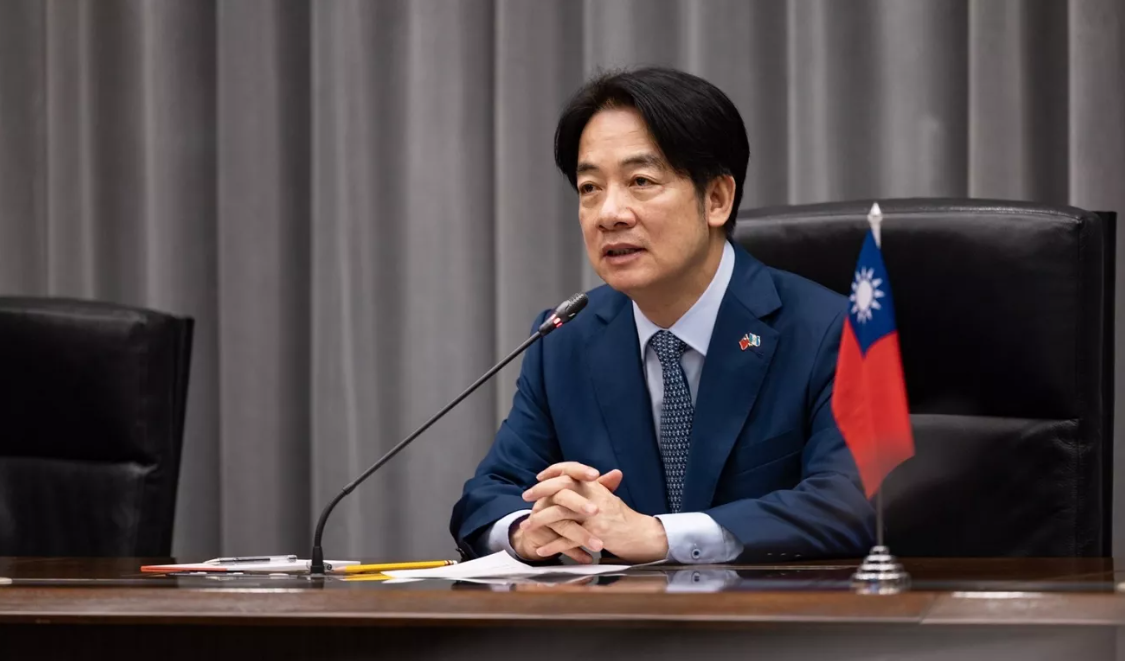TAIPEI — Taiwan’s President Lai Ching-te delivered a strong message on Sunday, declaring that Taiwan is “in fact” a country and dismissing China’s claims of sovereignty as lacking both historical and legal foundation. His remarks come as Beijing continues to ramp up political and military pressure on the self-governed island.
China maintains that Taiwan is an inseparable part of its territory, insisting the island has belonged to China since ancient times and should not be recognized as a separate state. However, President Lai and his administration have consistently rejected this stance and have repeatedly offered to engage in dialogue with Beijing, only to be rebuffed. China, in turn, has labeled Lai a “separatist.”
In the first of a series of speeches aimed at unifying the nation, Lai highlighted Taiwan’s unique history. He pointed to the island’s indigenous peoples, whose ties to other Austronesian groups like native Hawaiians underscore Taiwan’s distinct development apart from China. Lai also referenced the island’s record of resisting foreign rule, including uprisings against Japanese colonial control and the brief period under the Qing dynasty, when Taiwan was considered a Chinese province for only eight years.
“Of course Taiwan is a country,” Lai stated during an address to a local Rotary International chapter, noting the island’s democratic elections as further evidence of its sovereignty. “But China says no, that Taiwan shouldn’t be a sovereign nation.”
Beijing often cites a 1971 United Nations resolution that transferred China’s seat from Taipei to Beijing as a legal basis for its claims. Lai countered that this resolution was solely about representation at the UN and had nothing to do with Taiwan’s sovereignty.
The president also warned of the real and ongoing threat posed by China, pointing to the frequent military maneuvers around the island. He emphasized that only Taiwan’s 23 million people have the right to determine their own future, a statement that was met with applause from his audience.
After losing the Chinese civil war to Mao Zedong’s communist forces in 1949, the Republic of China government relocated to Taiwan, which remains the island’s official name to this day.


